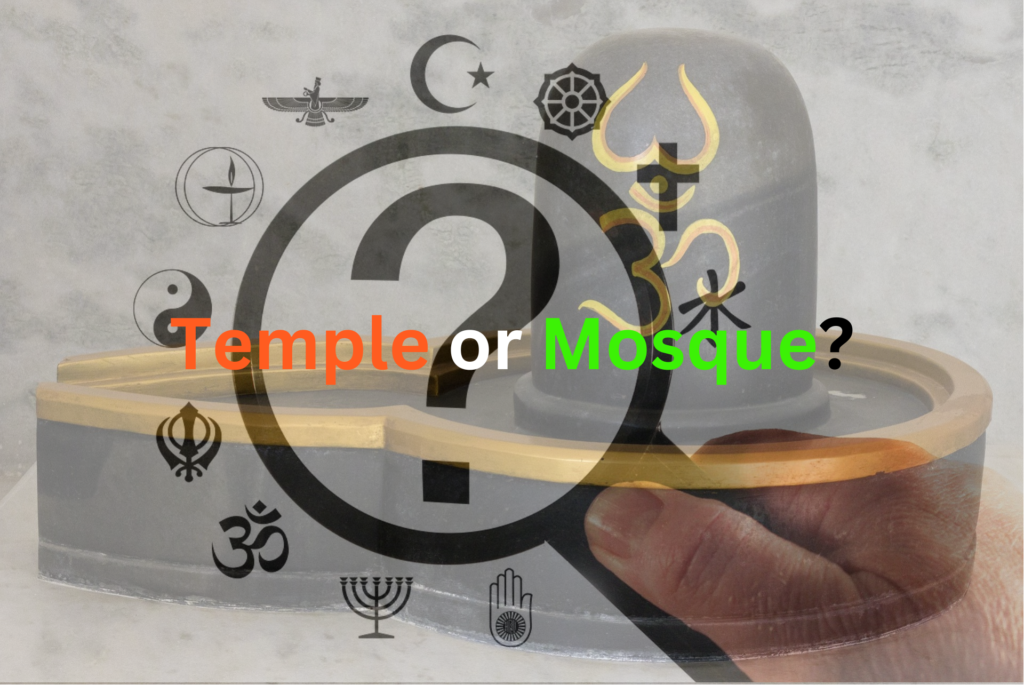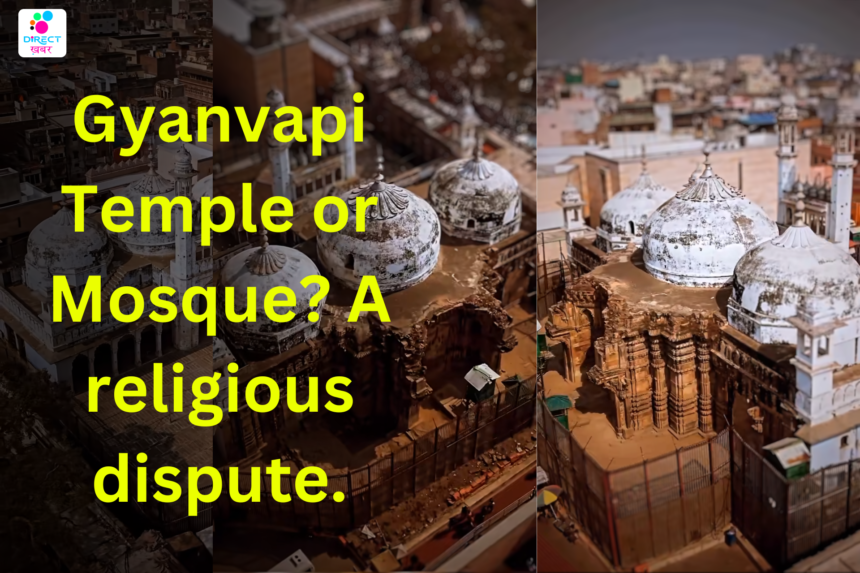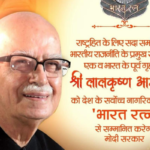The decision to allow Hindu prayers in a cellar at Varanasi’s Gyanvapi Mosque or Temple marked the end of a judge’s career. Dr. Ajaya Krishna Vishvesha, Varanasi district and sessions judge, worked his last day yesterday before retiring.
Dr. Vishvesha was born in 1964 in Haridwar, currently in Uttarakhand. She has a Bachelor’s degree in science and a Master’s degree in law. He began his career as a judge in 1990. He formerly served as a district and sessions judge in Bulandshahr, as well as in a number of other judicial positions in Uttar Pradesh.
Case Study:
In a decision regarded as a watershed moment in the Gyanvapi legal dispute, a Varanasi court let members of a Hindu priest family to pray in a crypt inside the Gyanvapi complex that had been sealed for over 30 years. The 17th-century mosque has four cellars. The cellar where puja is permitted is called ‘Vyas ji ka Tehkhana’.
The petitioner, Shailendra Pathak Vyas, claims that his family has worshipped idols in the cellar for generations. The petitioner further claimed that his maternal grandfather, Somnath Vyas, frequently worshipped the idols till 1993, when Mulayam Singh Yadav locked the premises.

Political aspects:
The Mulayam Singh Yadav government locked the premises, including the cellar, citing law and order concerns following the demolition of the Babri Masjid. During the hearing, the Muslim side claimed that the petitioner had not shown any evidence that prayers were held in the crypt and that no idol was there. They have now stated that they will challenge the district court decision the Allahabad High Court.
Court Decision:
Hours after yesterday’s decision, the district government opened the gates, and a puja was held there at 3 a.m. today.
The court has instructed the district administration to make the required provisions within the next seven days.
After 31 years, the tahkhana was reopened at night and prayers were held. The mosque has four ‘tahkhanas’ (cellars) in its basement. Vyas Tahkhana appears to have belonged to the Vyas family.
After cleaning the cellar, neighbours reported that a ‘aarti’ of Goddess Lakshmi and Lord Ganesh was done.
At around 9.30 p.m. on Wednesday, members of the Kashi-Vishwanath temple trust were summoned, and the barricades in front of the Nandi monument facing the mosque’s ‘wazukhana’ were lifted.
The Gyanvapi Masjid Committee has filed an application for an urgent hearing in the Supreme Court against a Varanasi court ruling mandating the District Magistrate to perform pooja in the walled southern cellar of Gyanvapi Mosque.
Conclusion:
In the midst of an ongoing judicial battle over the religious status of the property that houses the Gyanvapi mosque, a Varanasi district court on January 30 authorised a receiver to enable Hindu parties to do prayers and puja in the Gyanvapi mosque’s southern cellar. The ASI had sought to determine whether the mosque was constructed over a pre-existing structure of a Hindu temple.
Court Judgement:
The district court judgement in effect grants Hindus worship privileges in a portion of the Mosque. The Masjid Committee has filed an urgent suit with the Supreme Court to dispute the same. a Varanasi court ruled that Hindus could pray in the basement of the Gyanvapi mosque. The court’s order came in response to an application from a local priest who sought the right to worship deities he claimed were in the mosque’s cellar. Lawyers representing the Hindu side insist that they will be “on the verge of victory’ once the survey clarifies the Shivling-fountain debate. Earlier this week, the Varanasi court had asked the Archaeological Survey of India to make the report public and provide hard copies to both sides.






